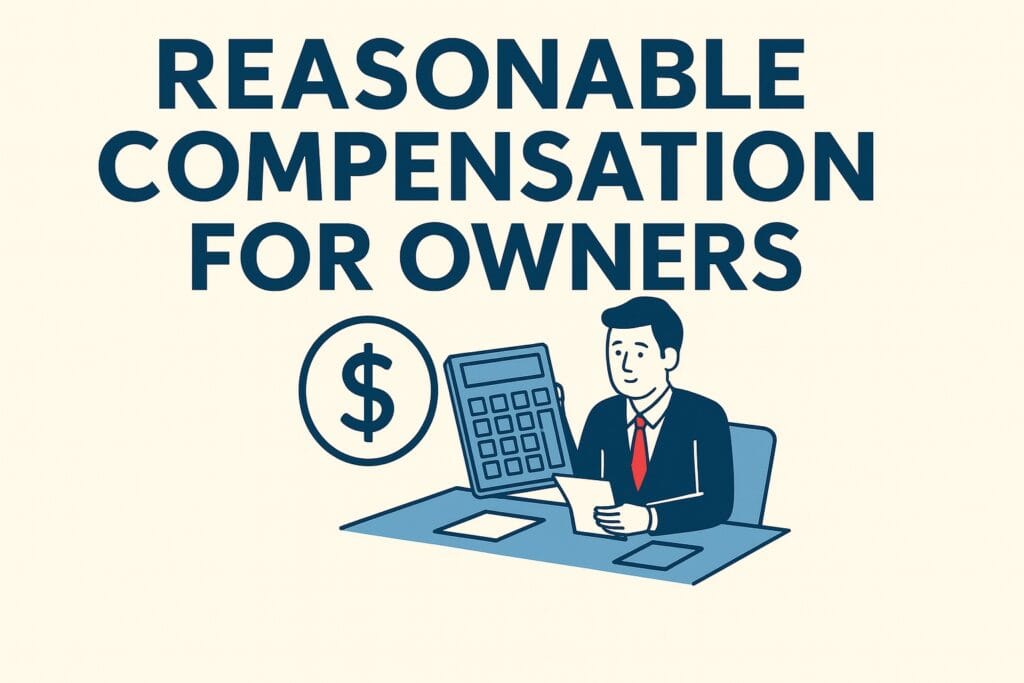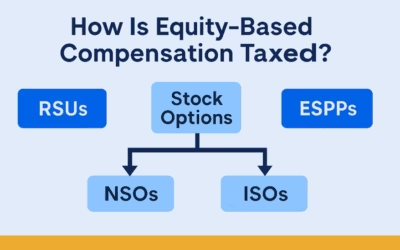Reasonable Compensation for S-Corp Owners: A CPA’s Guide
One of the most important rules for S-Corporations is setting reasonable compensation for S-Corp owners. This requirement determines how much salary you must pay yourself before taking shareholder distributions, and it can have a major impact on your taxes and IRS compliance.
A key advantage of electing S-Corporation status is the ability to reduce payroll taxes by splitting income between salary and shareholder distributions. However, the IRS closely monitors this area, and shareholder-employees must pay themselves a reasonable salary before taking any distributions.
This rule applies nationwide. Whether you operate your S-Corp in Virginia, Maryland, Washington D.C., California, Texas, or remotely from anywhere in the United States, the IRS expects all S-Corp owners to follow the same standard.
What Is Reasonable Compensation?
The IRS defines it as what a company would pay someone else with your skills and responsibilities in a similar role.
Factors include:
- Training, certifications, and experience
- Hours worked and tasks performed
- Level of responsibility (management, client work, admin)
- Industry and geographic benchmarks
Why It Matters
If you set your salary too low, the IRS can reclassify distributions as wages, leading to:
- Back payroll taxes
- Penalties and interest
- More IRS scrutiny in future years
If your salary is too high, you lose the very tax savings that make an S-Corp attractive. The goal is balance — defendable, documented, and fair.
Best Practices for S-Corp Owners
- Document your process: Keep written notes or salary surveys that justify your pay.
- Review annually: Adjust salary if your role or business revenue changes.
- Consider all services: Even management or admin work should be compensated.
- Pay wages before distributions: Salary must come first.
National and Local Perspective
While IRS rules are federal, salary benchmarks can differ by industry and region. For example, what’s reasonable pay for a consultant in San Francisco may differ from Richmond, VA. As a CPA serving clients nationwide, I help S-Corp owners consider both IRS standards and practical market data when setting compensation.
Takeaway
The S-Corp structure can save business owners thousands in payroll taxes — but only if reasonable compensation is handled correctly.
At AI Tax Consulting PLLC, we help small business owners in Stafford, Fredericksburg, and across Northern Virginia structure their compensation correctly so they can enjoy the benefits of an S-Corp without risking IRS penalties. In addition to serving our local community, we also work with clients throughout the United States, providing remote tax and accounting services to ensure S-Corp owners anywhere can set compliant compensation levels, balance salary and distributions, and minimize IRS risk.
If you’re unsure whether your current compensation strategy will pass IRS scrutiny, let’s talk.



